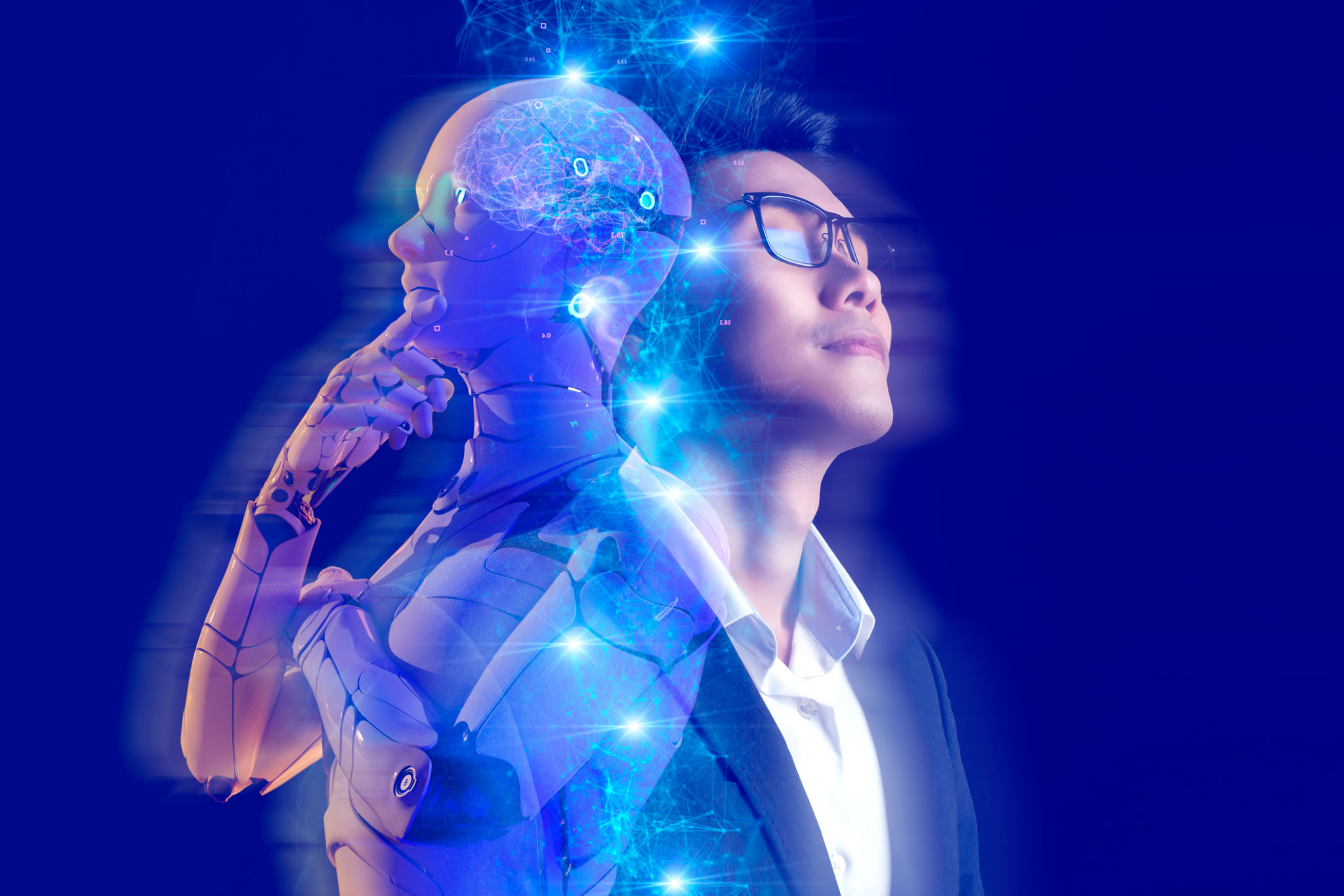The Future of Work: How AI is Reshaping Careers
The Rise of AI in the Workplace
Artificial Intelligence (AI) is no longer a futuristic concept; it's a present-day reality reshaping industries and careers. From automating routine tasks to providing advanced data analysis, AI is redefining what it means to work in the 21st century. Companies are increasingly incorporating AI technologies to enhance productivity and efficiency, creating a paradigm shift in the workforce.

As AI continues to evolve, its impact on jobs is becoming more pronounced. While some fear that AI will lead to massive job losses, the reality is more nuanced. AI is indeed automating certain jobs, but it is also creating new opportunities for innovation and growth. Understanding this dynamic is crucial for adapting to the changing landscape of work.
The Transformation of Job Roles
The integration of AI into various sectors has led to the transformation of many job roles. Traditional roles are being redefined, with some tasks being automated, allowing employees to focus on more strategic aspects of their jobs. For example, in the finance industry, AI-powered tools can handle data entry and analysis, enabling professionals to concentrate on interpreting data and making informed decisions.

This transformation is not limited to any single sector. In healthcare, AI is assisting doctors in diagnosing diseases more accurately. In manufacturing, robots are taking over repetitive tasks, while humans oversee more complex operations. These changes necessitate a workforce that is adaptable and ready to upskill.
New Career Opportunities
While AI is automating certain tasks, it is also paving the way for new career opportunities. The demand for AI specialists, data scientists, and machine learning engineers is on the rise. Additionally, roles centered around AI ethics, cybersecurity, and AI project management are emerging as vital components of modern organizations.
AI encourages creativity and innovation by handling mundane tasks, thus freeing up time for employees to engage in more meaningful and creative work. This shift can lead to increased job satisfaction and open up avenues for career advancement in areas previously unexplored.

Adapting to the New Work Environment
To thrive in an AI-driven world, individuals and organizations must be proactive in adapting to new technologies. Upskilling and reskilling are essential strategies for staying relevant in the job market. Educational institutions and employers alike are offering training programs focused on developing skills that complement AI technologies.
Embracing lifelong learning is crucial for those looking to succeed in the future workplace. By continuously updating their skills and knowledge, workers can ensure they remain valuable assets in an ever-evolving job market.
The Human Element in an AI World
Despite the capabilities of AI, human skills such as critical thinking, emotional intelligence, and creativity remain irreplaceable. Organizations that effectively blend human expertise with AI technology often find themselves at a competitive advantage.
AI can augment human capabilities but cannot replicate the nuanced understanding and empathy that humans bring to the table. Therefore, fostering a work environment that values these uniquely human traits alongside technological advancements is key to future success.

In conclusion, while AI is undoubtedly reshaping careers and industries, it is not diminishing the need for human involvement. Instead, it offers an opportunity to reimagine how we work, pushing us towards more innovative and fulfilling roles.
